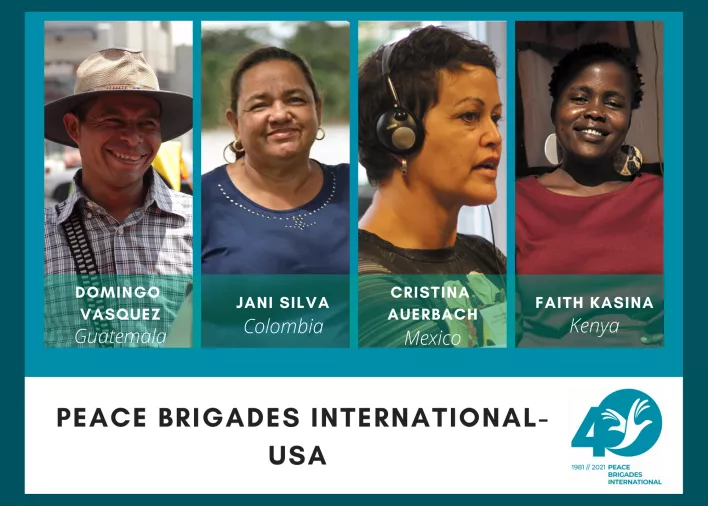
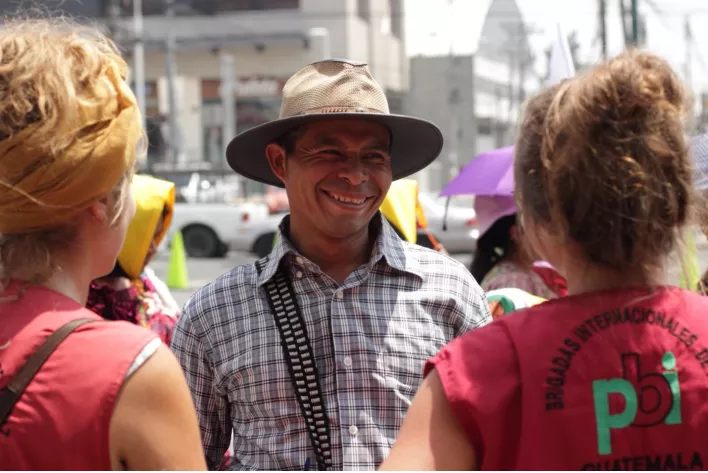
Domingo Vásquez
Chiquimula, Guatemala
Domingo Vásquez is an indigenous authority and member of the organization Central Campesina Ch’orti’ Nuevo Día (New Day Ch’orti’ Indigenous Association, CCCND). As a human rights defender and member of CCCND, he particularly works on issues concerning the rural economy, the environment, and land rights. Together with the CCCND he advocates for the recognition of indigenous communities and their possession of collective land titles. The recognition of indigenous peoples and territory allows the communities to make collective decisions about their land and can protect them from the construction of extractive projects on their territory without prior consultation.
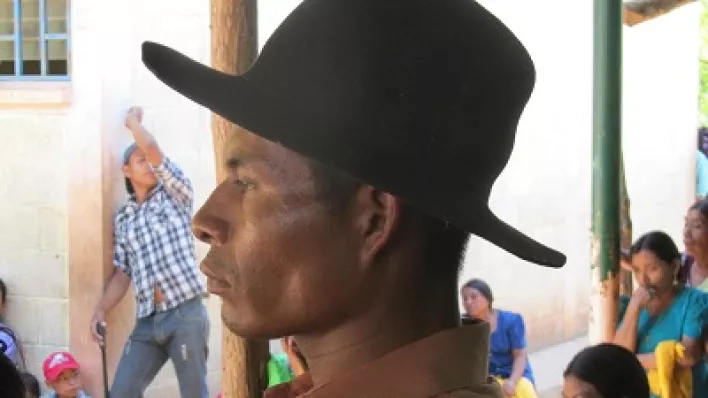
“My political vision is that one day the Chortí indigenous community will be free, that there will be no threats by
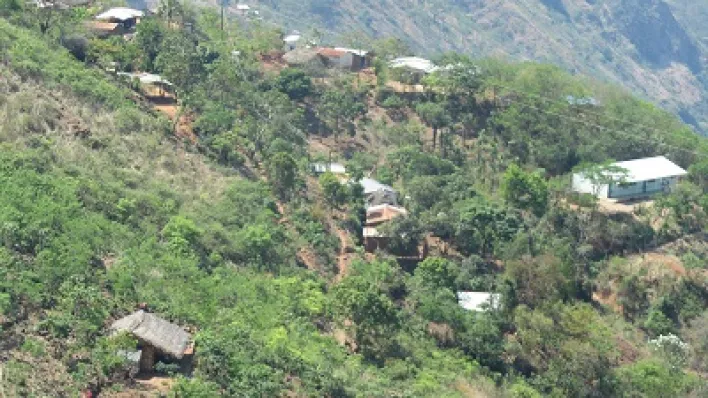
The situation faced by land defenders in Guatemala is extremely serious. Attacks and death threats against human rights defenders have increased, with high levels of impunity.
“The threats that we have received happen because as human rights defenders we must denounce injustices, otherwise we wouldn’t be doing our job. For that, we are attacked because they know that when we report injustice, we are attacking them through the laws.”
“On a personal level I have received threats not only because I defend the land but also because, as a defender, I support victims of abuses and attacks. For that reason, I have felt personally very threatened by people who have been tried and put in jail. I have been threatened because they know I am the person supporting victims of abuse. For example, there is the case of a woman whose husband was murdered, so she asks me for support. We were able to find and imprison the perpetrator, but the mastermind behind him is being investigated and he attacks and threatens me because he wants me to stay quiet and not pursue the case.”
“In the case of the Chortí territory, PBI has a fundamental role. They have provided support through community visits and when we have any lawsuits against us. We always value and talk highly about the work that PBI does, accompanying us in various spaces so we are not discriminated against. This is important because the state institutions and public ministries have long discriminated against indigenous authorities.”
“Thanks to PBI’s accompaniment, the threats against me have dropped considerably. When you are seen with PBI, they say: he is not alone, he is accompanied, he is strong.”
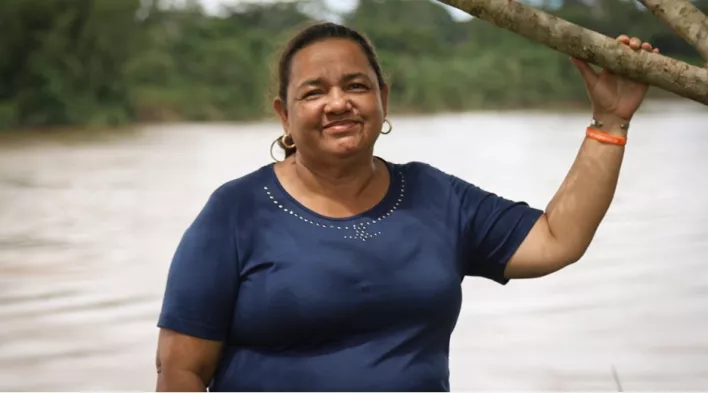
Jani Silva
Putumayo, Amazonas, Colombia
Born in the heart of the Colombian Amazon, Jani Silva has dedicated her life to the defense of the trees and the earth, vital elements for all of us. Since the age of 16, she has supported the peasants’ movements (campesinos / campesinas) of Putumayo, a region in the Amazon, in the south of Colombia with rich and unique biodiversity. Following the steps of her mother, Jani Silva got involved in communal life and supporting the peasants in their administrative procedures to represent her community. In 2008, Jani co-founded the Association for the Integral and Sustainable Development of La Perla Amazónica (ADISPA), which works to protect the environment and the rights of the people who live in La Perla Amazónica, a peasant reserve in Putumayo.
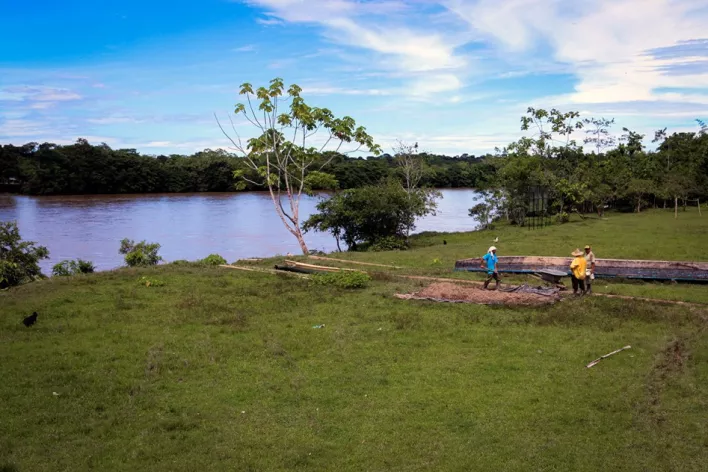
Because of her work, she’s been the victim of threats and forced displacement. Threatened and intimidated by unknown aggressors, her life is in danger. But she still continues to work defending the land against gas and oil companies and the destruction and pollution of the environment and its natural resources.
The COVID-19 pandemic has worsened the situation, as the
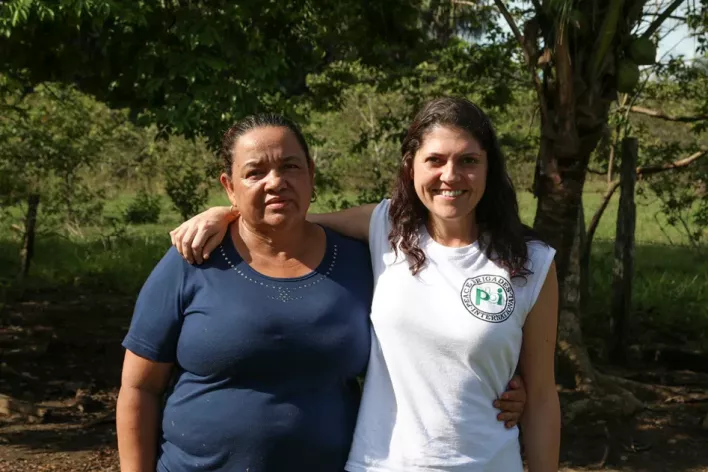
“It is not easy to be a leader, you can be accused of being an informant, or a thief… I can’t complain, I received a lot of recognition from the community, but there are also many risks. You quickly realize that there are some people that don’t want someone around who can speak for the community, who can organize. What they are interested in ensuring that the people don´t raise their voices.”
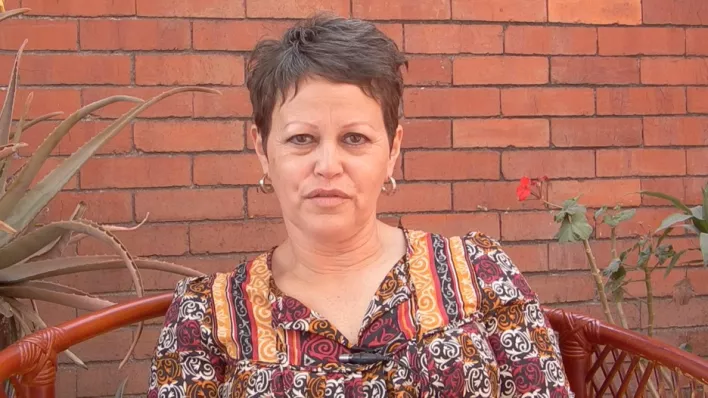
Cristina Auerbach
Coal Mining Area, Coahuila, México
Cristina Auerbach is the director of the Organización Familia Pasta de Conchos – OFPC (Organization of the families of Pasta de Conchos). The organization advocates on behalf of local mining families in Coahuila. OFPC was created in 2006, following the Pasta de Conchos mine disaster, caused by an explosion resulting in the death of dozens of miners that were trapped underground. It was established to bring justice to the miners and their families.
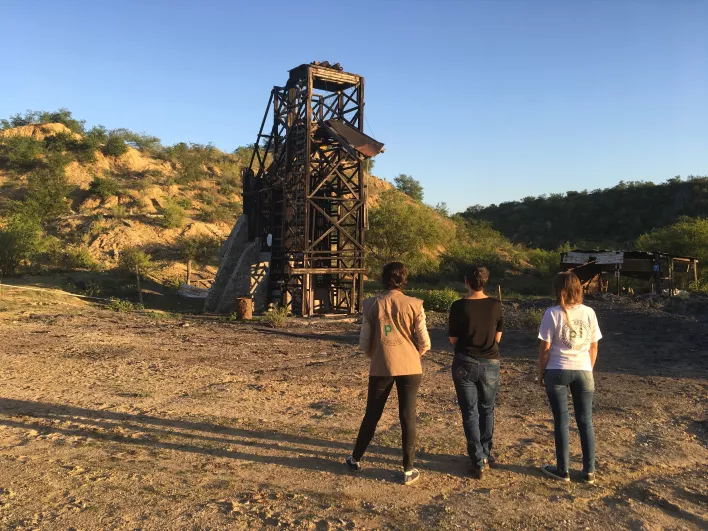
“The campaign against me has been horrendous, I have been libeled and followed and threatened,” Cristina Auerbach says. “That is why the work of PBI has been so crucial. We really value it.”
Cristina Auerbach’s journey as a human rights defender (HRD) began when an explosion in February 2006 inside the Pasta de Conchos mine in the northern Mexico’s state of Coahuila trapped 65 miners. As the company owning the mine abandoned the search and rescue of the bodies, and authorities failed to be held accountable for the breaches in the mine’s safety standards, Auerbach took up the task of demanding justice for the victims’ relatives and campaign for the recovery of the bodies, all but two of which remain buried underground. As the director of Organizacion Familia Pasta de Conchos, a network of community members, which mostly consists of women from the mining region of Coahuila who advocate improving working conditions of miners and living conditions of surrounding communities, Auerbach has put herself at the forefront of a dangerous struggle against some of the state’s most powerful actors.
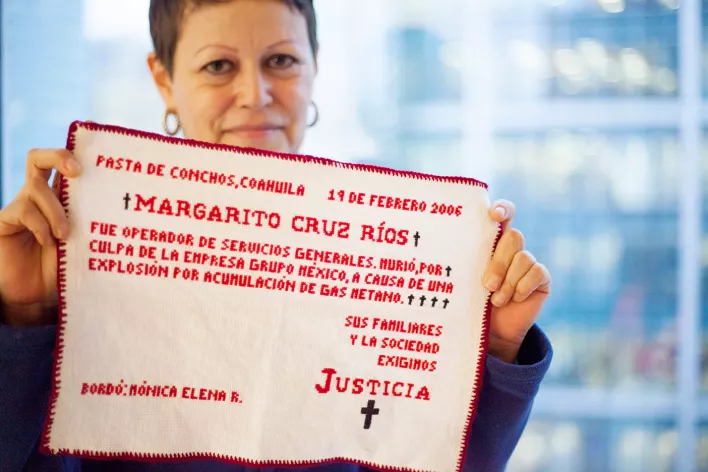
“For me,” Cristina says, “PBI offers the possibility to stay alive. Sometimes I feel death is getting close and is breathing on my neck, as they say inside the mines. PBI gives me and other human rights defenders in Mexico the chance to wake up alive every day and I feel very grateful for that.”

Faith Kasina
Kayole, Nairobi, Kenya
Faith Kasina, co-convenor of the Social Justice Centers Working Group (SJCWG) and co-founder of Kayole Social Justice Center in Nairobi, Kenya. Kasina was born and raised in Kayole. The injustices she has witnessed growing up in her community has stirred a passion in her to be a voice that speaks against injustices and abuse.
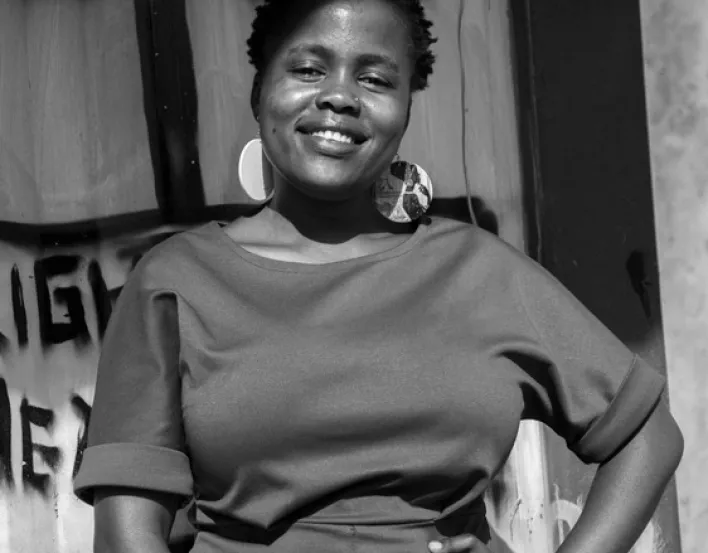
For years, the urban settlement of Mathare has suffered various forms of structural violence, including land grabbing, forced evictions, police abuse and extrajudicial killings, political impunity, and other economic, social, and psychological violations. This violence has been allowed to go on without any retribution to the community, especially as most of the community continues to live in fear of the consequences of standing up for their rights.
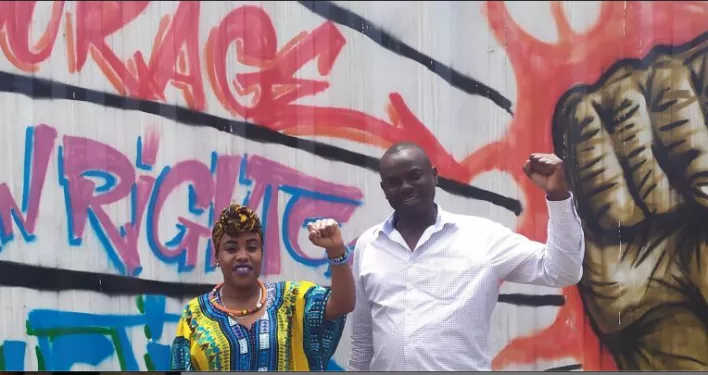
Please, consider donating to PBI-USA. You can make a safe donation here.
Make a Difference, help protect human rights defenders!
Support our 40th Year Anniversary Campaign by making a donation
2021 is Peace Brigades International’s 40th Year Anniversary!
Whether human rights defenders fight for social equality, justice, or environmental and indigenous rights, we must protect their vision of the future. For 40 years, PBI has provided protection so defenders can continue their work. With your support, we can ensure that PBI-USA can continue to make space for peace.
Please consider donating to our campaign.
Make checks payable:
Peace Brigades International-USA
P.O. Box 75880
Washington, DC 20013
www.pbiusa.org
Don’t forget to connect with us on social media for the latest updates and human rights news.
